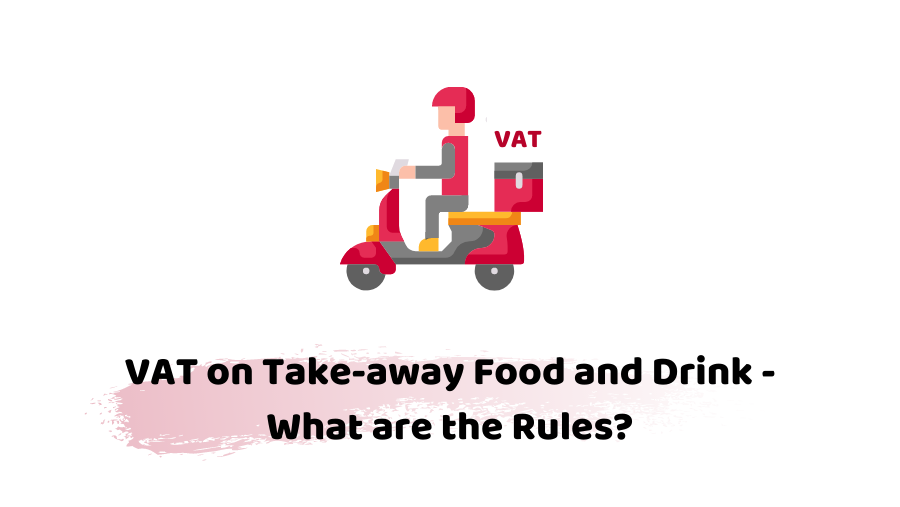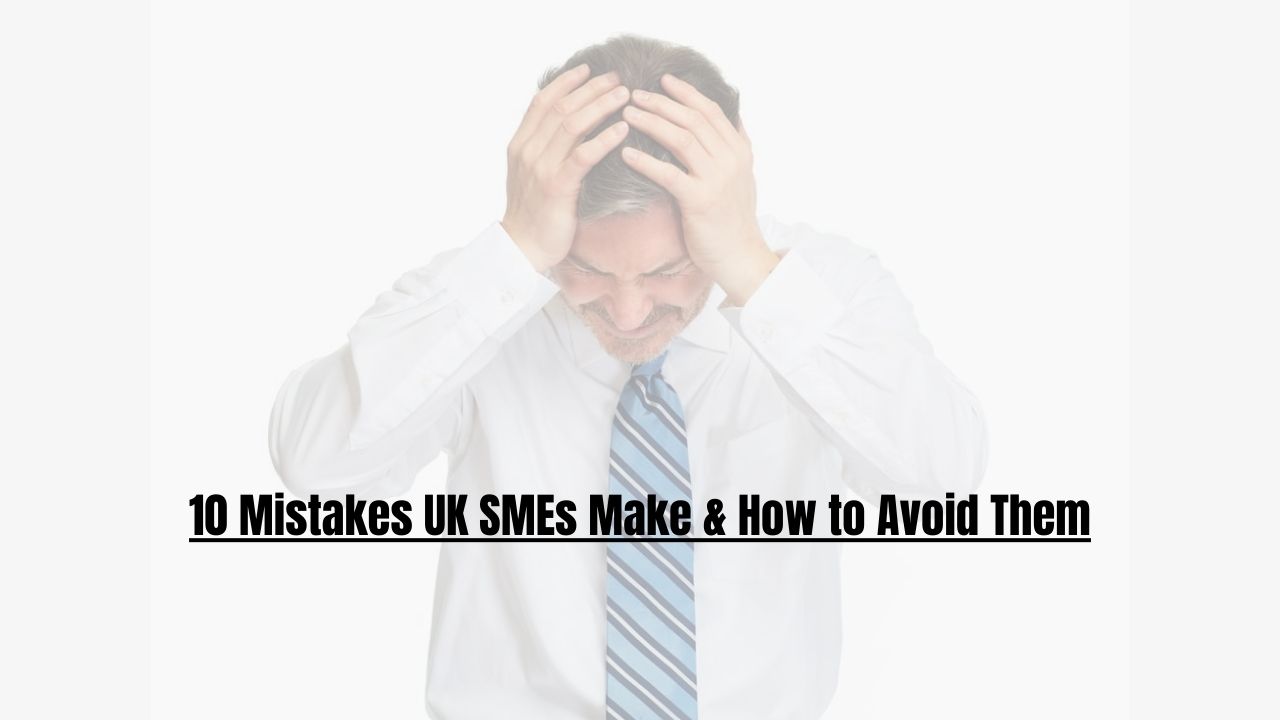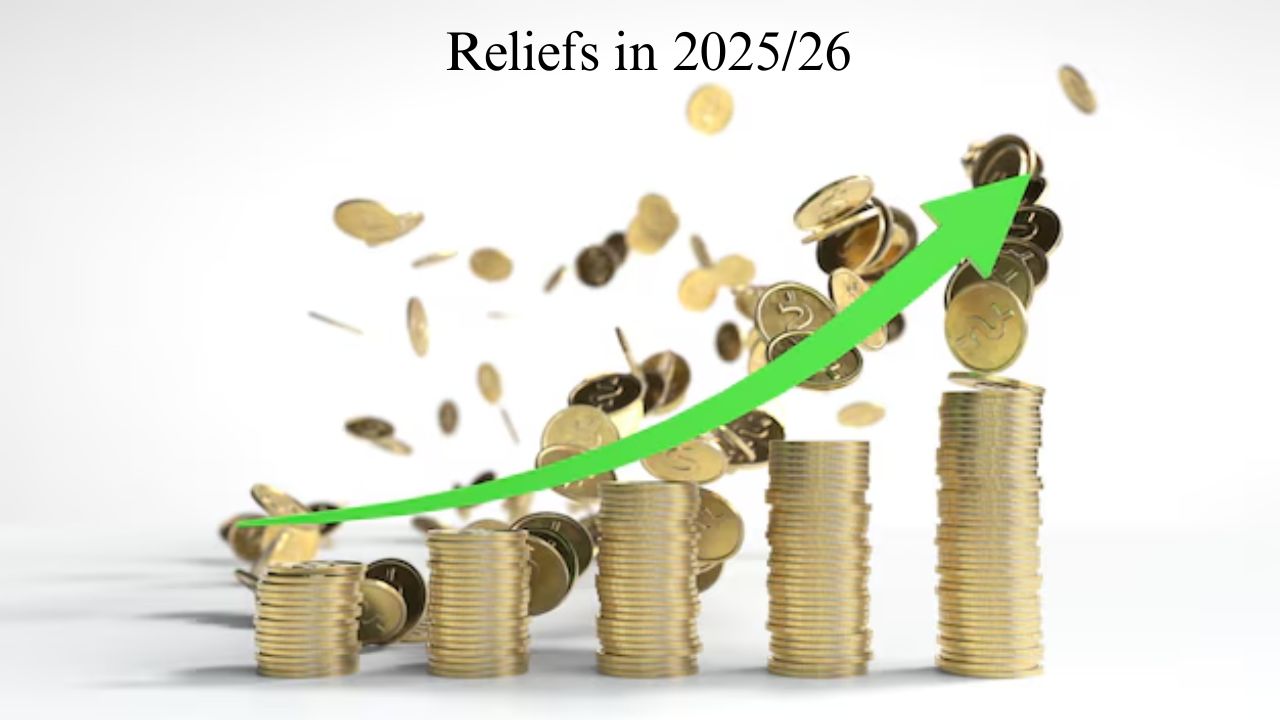
How Does VAT Work for Cafes, Restaurants, and Takeaways?
One of the most important factors that affects cafes, restaurants and takeaway businesses in the UK is Value Added Tax (VAT). VAT is an indirect tax charged on the supply of most goods and services, charged at each point throughout the supply chain. It remains imperative that all hospitality businesses understand the different VAT rules so that they are in a position to avoid violations while at the same time keeping off financial detriment. This blog will detail what businesses in the catering trade needs to know about VAT including the registration, the rates and specific rules pertaining to cafes, restaurants and the like.
1. Understanding VAT and VAT Registration
VAT is actually a kind of consumption tax which is charged on the supply of goods and services. In the UK, for instance, any trading entity that earns more than the Value Added Tax (VAT) registration threshold that stands at £85,000 with reference to the tax year 2024/25, there is a legal requirement to register for VAT. After registration, it becomes mandatory to the businesses to incorporate VAT on the taxable supplies and pay the collected amount to the HMRC.
For cafes, restaurants and takeaways, this means that VAT has to be charged on food and beverage to consumers but the rate that is charged on the foods and drinks are different and depends on the type of food and how it is taken. Thus, it is important to note that the businesses whose turnover is below this threshold can apply for VAT registration on a voluntary basis and the registration would prove to be useful in claiming the VAT amount on business-related purchases.
2. VAT Rates for Cafes, Restaurants, and Takeaways
The VAT rates for hospitality businesses in the UK differ based on the product or service provided:The VAT rates for hospitality businesses in the UK differ based on the product or service provided:
- Standard Rate (20%): This is the standard VAT rate that applies to most goods and services and the above names refer to supplies of hot takeaway food andnon-alcoholic drinks, and food and drinks which are for consumption on the premises of cafes and restaurants.
- Reduced Rate (5%): The Tax has some products and services categorized as the reduced VAT-rate products or services respectively. For instance, some materials that are energy saving in hospitality business may be classified under this category but is rare in sales of food and drinks.
- Zero Rate (0%): Many foods bought as take-aways which are not hot, including sandwiches, salads and unheated drinks do not attract VAT. Nonetheless, there are some qualifiers to the general rule especially where the item is utilized internally or as part of bundle with some other food products.
3. VAT on Eat-In vs. Takeaway
In terms of distinction between eat-in and takeaway caterers, this is one of the areas where there is variation within the VAT system in the hospitality industry. In regard to restaurants and cafes, the Foods and beverages to be consumed on site attract Fifteen percent tax on the value added tax. This holds true for sit down meals, counter service meals, or otherwise any form of on premise consumption.
However, VAT treatment becomes more complex when dealing with takeaways:However, VAT treatment becomes more complex when dealing with takeaways:
- Hot Takeaway Food: Takeaway food which is hot is effected with the current 20% value added tax. This entails food items like pizzas, burgers, curry, hot beverages like coffee or tea and many more.
- Cold Takeaway Food: Take away products such as sandwiches, salads, and other cold products that have been made in advance, pre-packed cold drinks, and others are Zero rated goods for the purpose of VAT.
4. Handling Mixed Supplies
Most of the cafés, restaurant and take away businesses incorporate both the eating facility and takeaway provisions. In such cases, businesses should be very cautious when implementing VAT in their organizations. For instance a customer may buy food to be packed to take home yet buy a cup of coffee to consume while waiting for the food to be packed. In this case the meal was most probably zero rated whereas the coffee would attract the normal rate for VAT.
This is a critical area for most companies since they need to correctly categorize their products or services to determine which is taxable or not in the taxation system it utilizes. This calls for signing and invoicing procedures with all the staff and at the point of sale mixed supplies system.
5. VAT on Alcohol Sales
According to UK HMSO Panel,1988, those engaging in the sale of alcohol such as pubs, bars, restaurants and cafes the supplies of alcohol are subject to standard 20% vat rate irrespective of whether or not the alcohol is sold for consumption on or off the premises. This rule applies to all alcoholic drinks such as beer, wine, spirits, cocktail and any drinks containing alcohol.
In the case of meal deals that include alcohol, the entire transaction will likely be subject to the 20% VAT rate, as the inclusion of an alcoholic drink overrides any potential zero rating for food.
6. Claiming VAT on Purchases
Once registered for VAT, cafes, restaurants, and takeaways can reclaim VAT on certain business expenses. This includes VAT paid on goods and services used in the business, such as kitchen equipment, furniture, and utility bills. It’s important to note that VAT cannot be claimed on purchases that are used for non-business purposes, such as personal meals or supplies taken home.
To reclaim VAT, businesses must keep detailed records of all purchases, including VAT receipts and invoices. These records are vital for filing accurate VAT returns and avoiding penalties from HMRC.
7. Flat Rate Scheme for Small Businesses
Intense regulatory requirements for VAT may make small cafes, restaurants, and some takeaways consider joining the VAT Flat Rate Scheme in order to simplify their VAT returns. In this particular system, companies are only required to contribute a specific proportion of their total turnover to the VAT rather than following the VAT on every sales and purchase.
Organizations in the hospitality sector especially set their flat rate at an average of $ 0.12. undefined This rate is lower than the standard VAT rate that is expected by every business since a certain percentage of its goods may be classified under the reduced or zero rates. It is important to note that the Flat Rate Scheme is in some circumstances and conditions useful for smaller businesses, specifically those with low VATable transaction costs though not necessarily the optimum for everyone.
8. VAT Returns and Record-Keeping
Once a business registers for VAT, it has to provide HMRC with VAT returns, which are filed on a monthly or otherwise, on a quarterly basis. These returns consolidate the VAT charged on the sales and the VAT incurred on the purchases, with the net amount being payable to the HMRC or reclaimable.
It is crucial that records are kept accurately so that VAT returns are as accurate as possible. Hospitality operations should keep detailed sale and purchase records, and should include VAT on all items regardless of whether orders are taken in-dining or takeaway. Delays or submission of wrong VAT returns may attract penalties, so time management is very important.
9. Penalties for Non-Compliance
Breaches of VAT laws and regulations attract severe repercussions. For instance, if a business has not registered for VAT when it is supposed to or charges the incorrect VAT rates or submits wrong returns, then HMRC may prosecute it. Possible actions can be as simple as a percentage of the unpaid tax as with the British government, or may be more complicated in instances where a clear act of fraud has been committed.
All food sellers including cafes, restaurants and takeaways must familiarise themselves with their VAT responsibilities and may need to consult a professional when necessary. Having specialist accountants familiar with the hospitality sector will assist in guaranteeing compliance and optimal taxation levels.
VAT is one of the complicated and sensitive areas for the cafes, restaurants, and takeaways in the United Kingdom. Due to eat-in and takeaway services, mixed supplies, and the sale of alcohol attracting varying rates of VAT, hospitality businesses have to keep track of their VAT properly. Incorporation of VAT involves registration to VAT, record keeping and submission of VAT returns at required intervals. Newcomers are advised to consider solutions such as the VAT Flat Rate Scheme that may be easier to navigate for small businesses. Therefore, anyone operating cafes, restaurants, and takeaways much understand how VAT work to avoid the penalty and deliver the best service to the customers.



